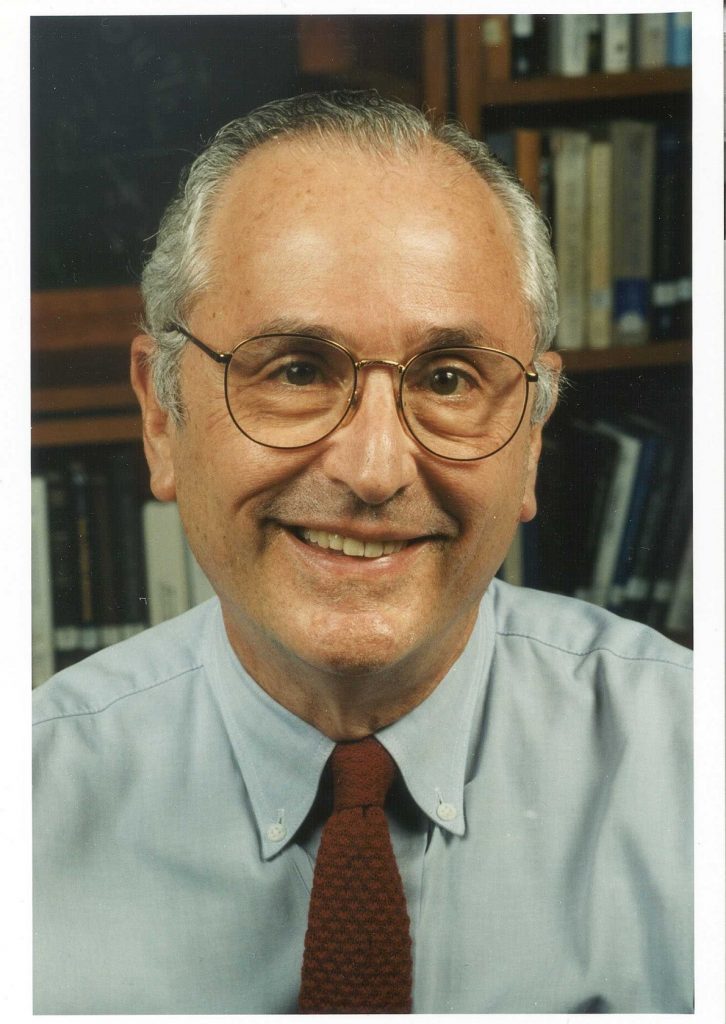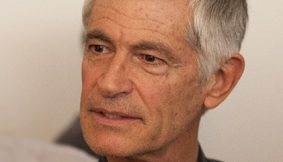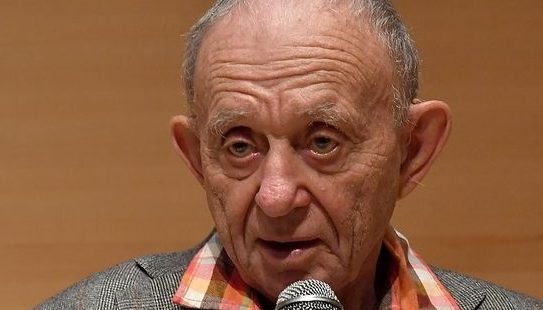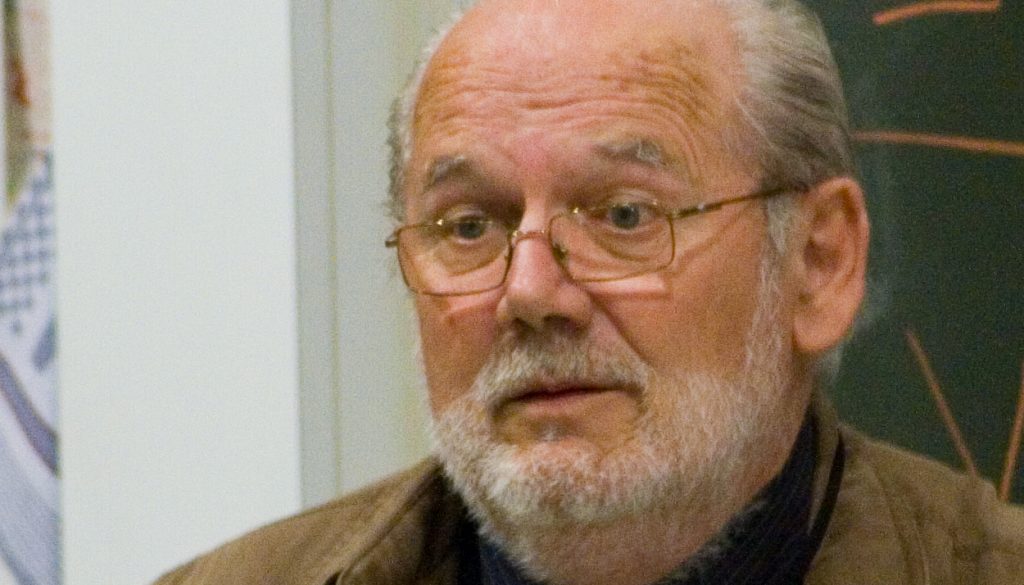John Bahcall (1934 – 2005)

John Bahcall (1934 – 2005)
Future: Cosmology and Astronomy
Prof. John Bahcall made fundamental and lasting contributions to an astonishing number of different areas of modern astrophysics.
His contributions range from the interpretation of quasar absorption lines to the first detection of a neutron star companion. This work culminated in his contributions to neutrino astronomy and to the solar neutrino problem. The solar neutrino observations revealed conclusively that the sun emits neutrinos in amazing agreement with theoretical prediction.
Neutrino astrophysics is part of a new field of research that today is called “Particle Astrophysics.” Bahcall contributed crucially to the development of this field, which holds great promise for the future, particularly for cosmology.
For example, the mysterious non-baryonic “dark matter,” which forms some ninety percent of the gravitating matter in the universe and plays an essential role in the formation of the observed structures in the universe (galaxies, clusters and super-clusters of galaxies), is expected to be composed of new types of elementary particles whose nature is still to be discovered.
John Bahcall was Richard Black Professor of Natural Sciences at the Institute of Advanced Study, Princeton, N.J., U.S.A., and received Honorary Doctorates of Science from Ohio State University, the University of Pennsylvania, the University of Chicago, the University of Notre Dame, and Hebrew University.
Among his numerous accolades are the U.S. National Medal of Science, the Benjamin Franklin Medal, the Russell Prize of the American Astronomical Society, Award Medal of the University of Helsinki, the Dannie Heineman Prize of the American Institute of Physics, the NASA Distinguished Public Service Medal, and the Warner Prize American Astronomical Society.
Professor Bahcall held many positions of Chair, among them with the National Academy of Sciences, the U.S. National Committee of the International Astronomical Union and the National Underground Science Laboratory Committee.


